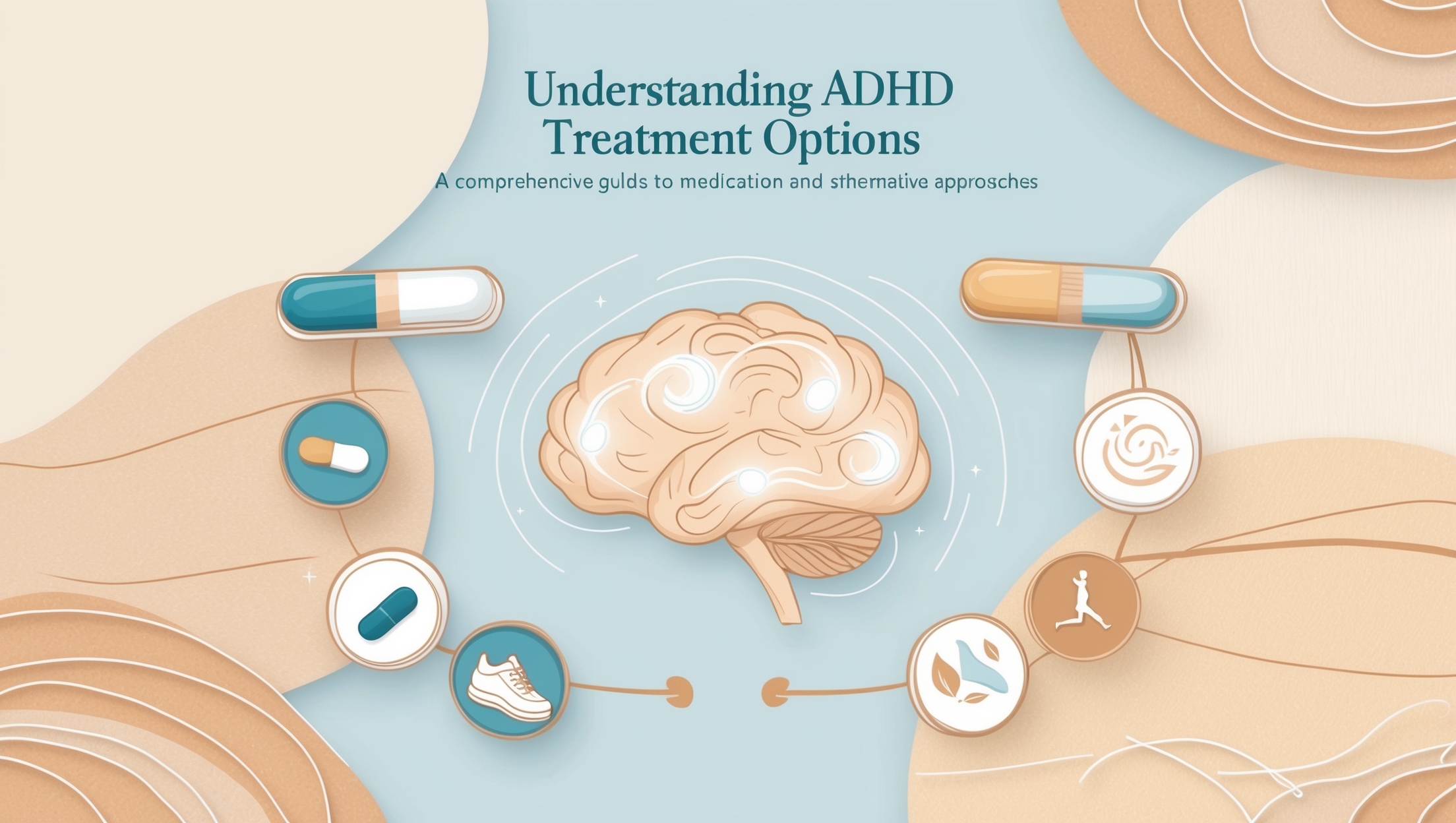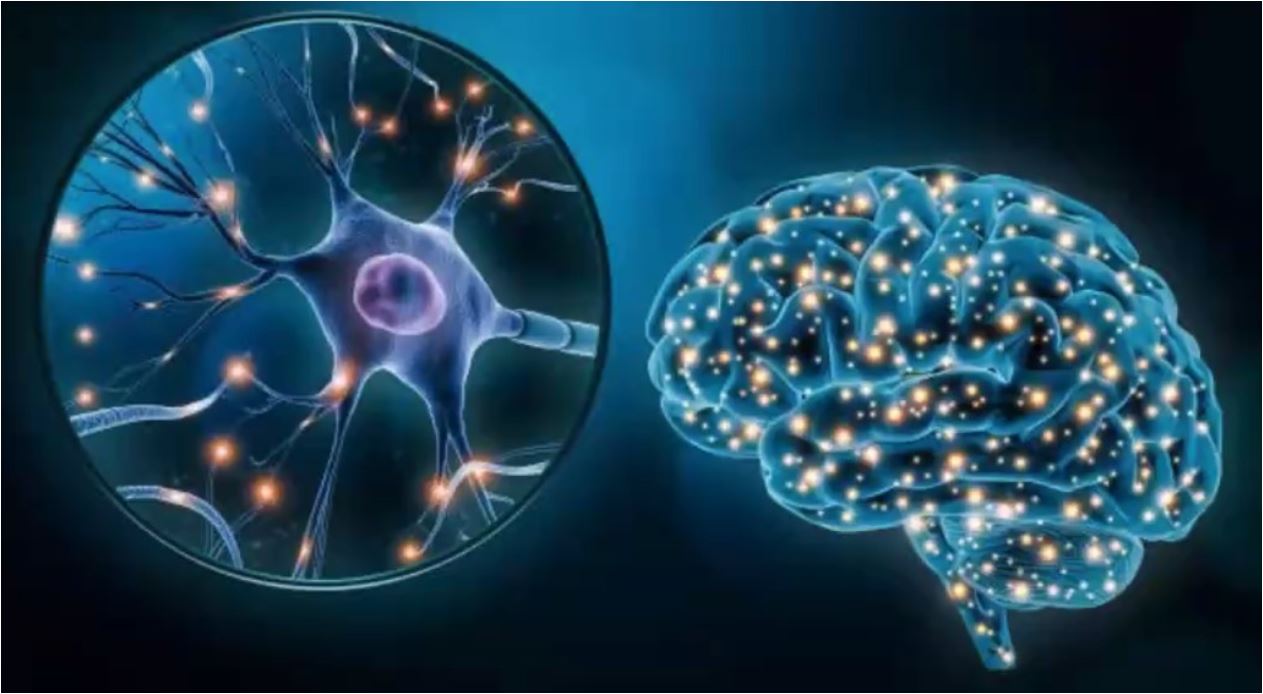ADHD and Decision Fatigue: Why Simple Choices Can Feel Overwhelming
Harold Robert Meyer and The ADD Resource Center 04/22/2025 Executive Summary Decision fatigue affects everyone, but for individuals with ADHD, the cognitive burden of choice can be particularly debilitating. Your executive function—already taxed by ADHD—faces additional strain with each decision throughout your day. This article examines why decision-making is more challenging with ADHD, explores evidence-based strategies to … Read more









